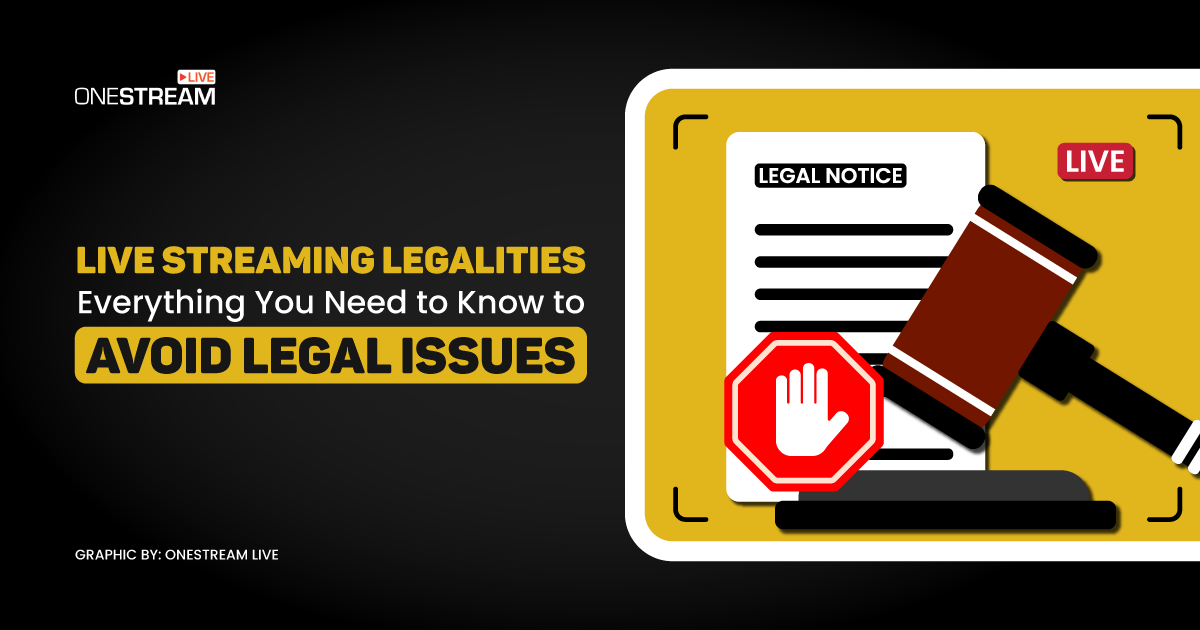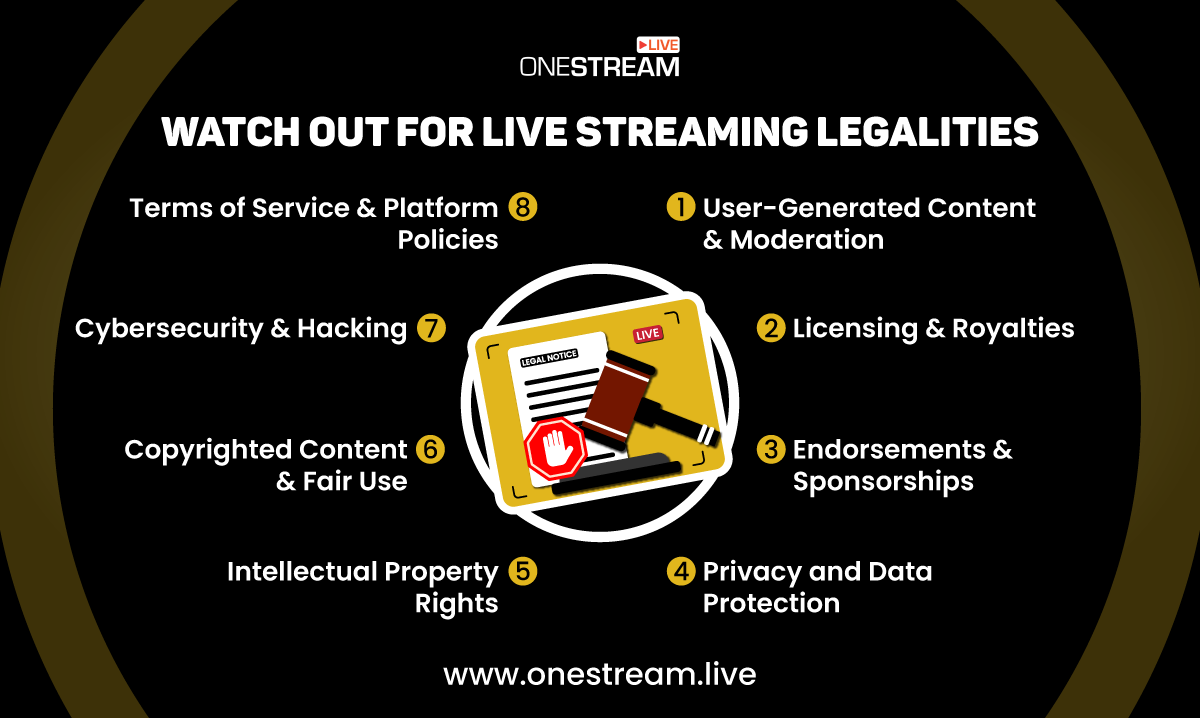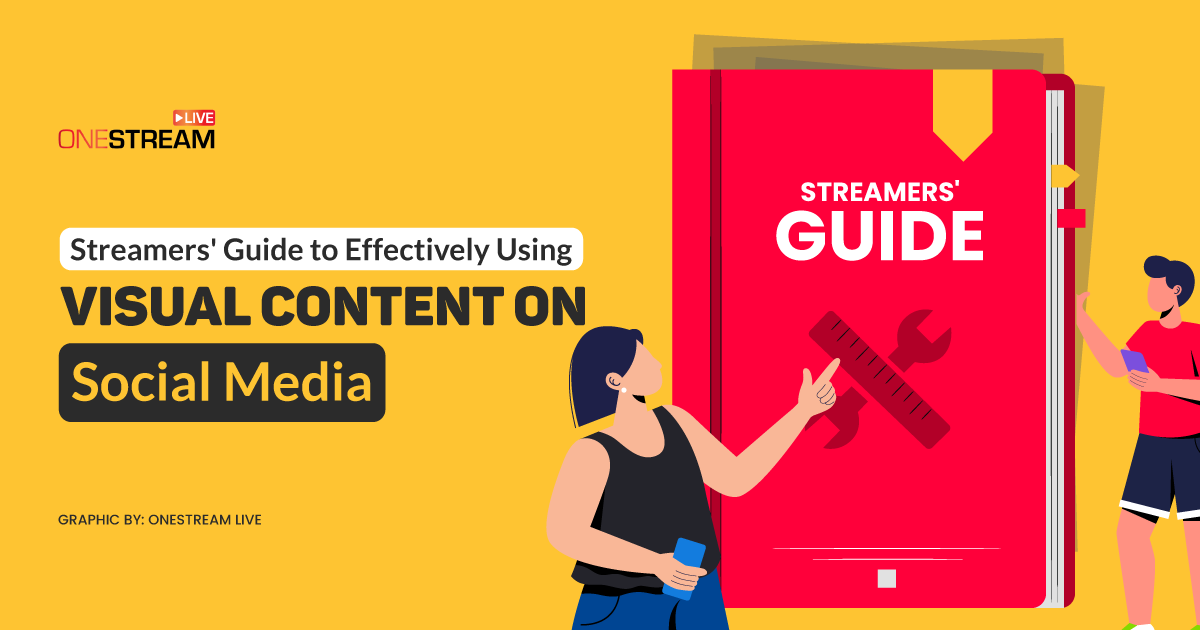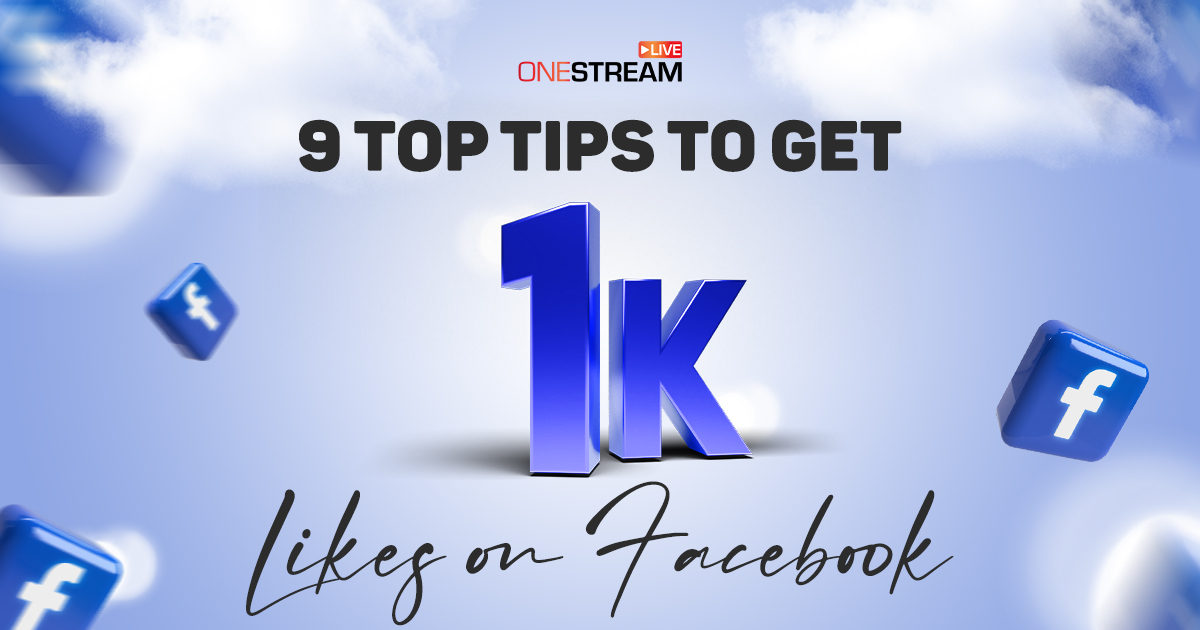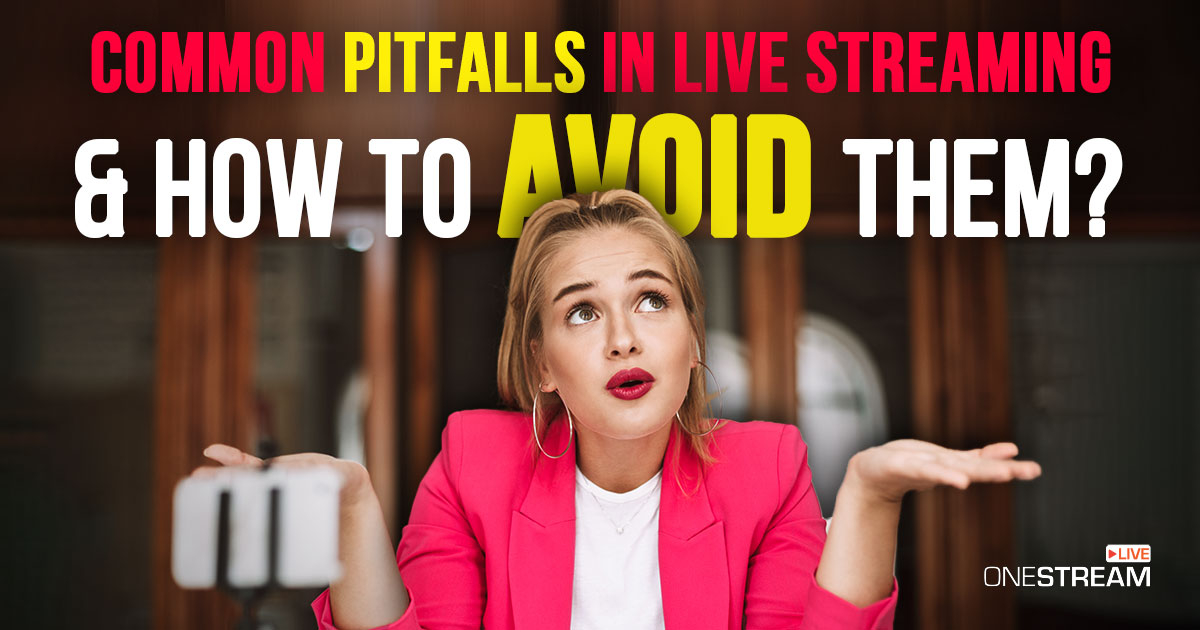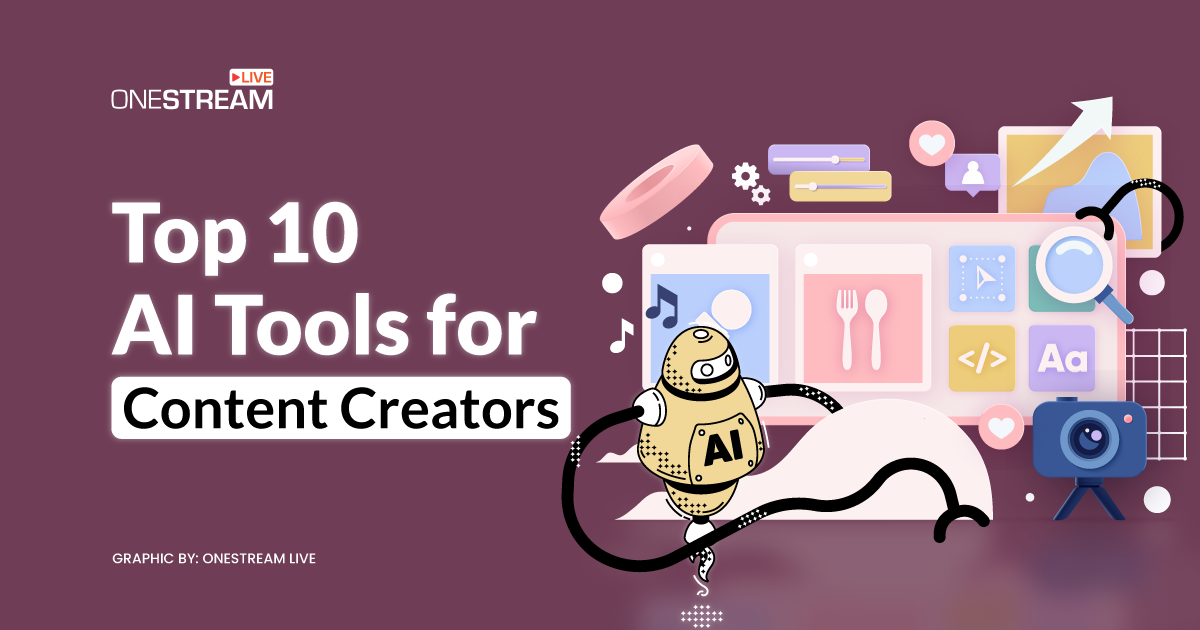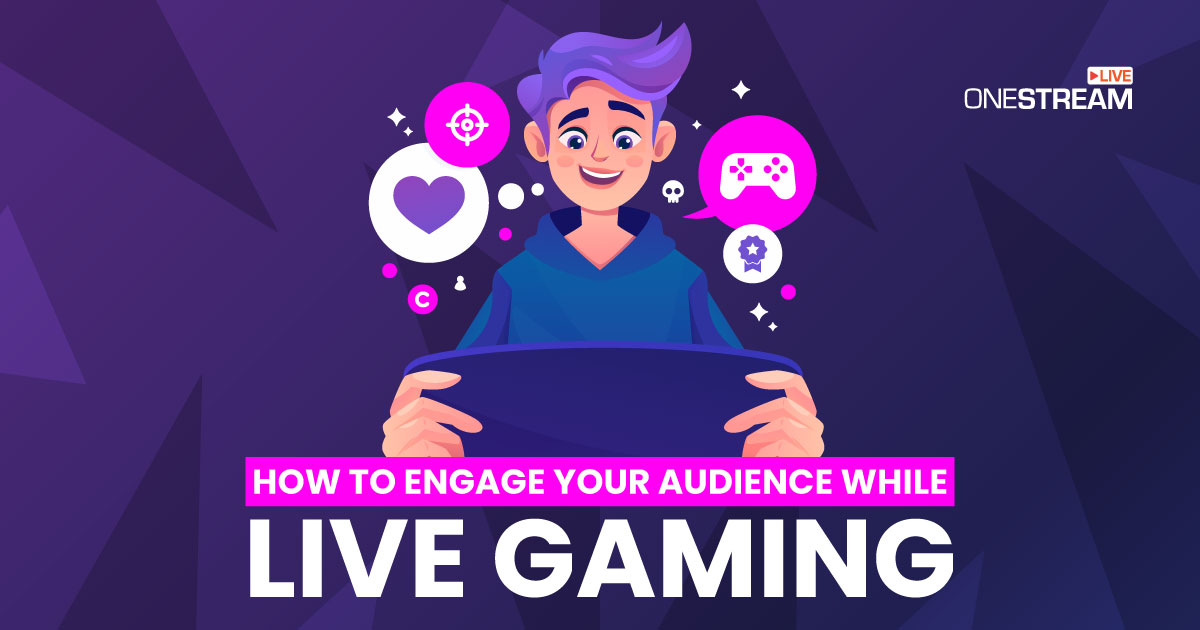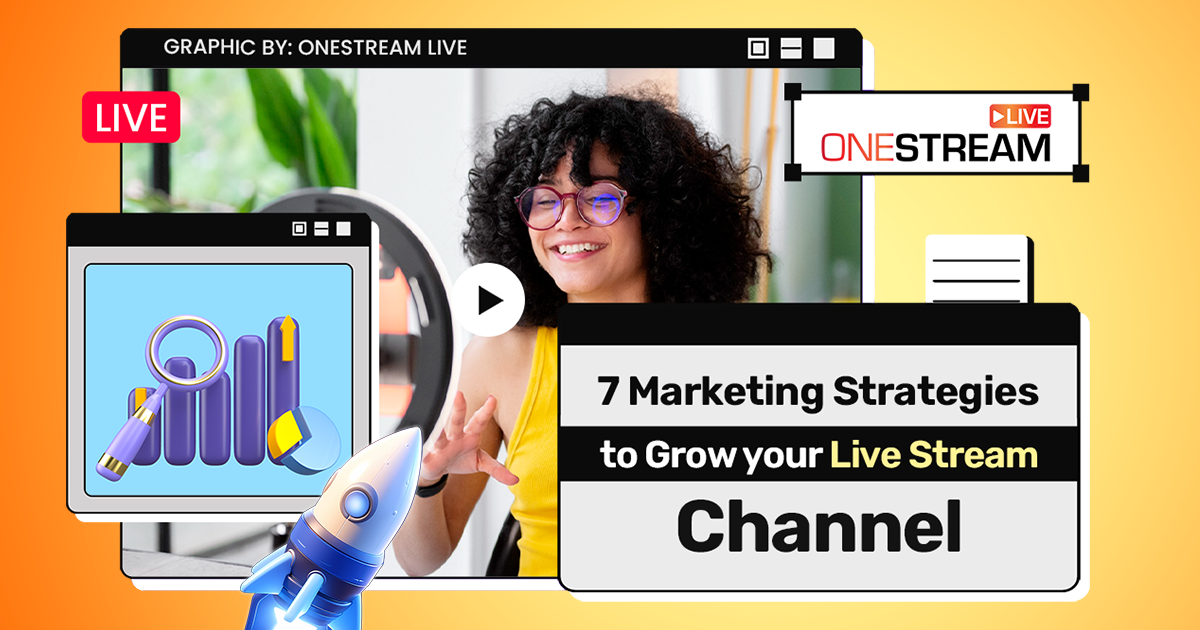Live streaming has revolutionized how we connect, communicate, and share content in the digital era. With its real-time and interactive nature, it has gained immense popularity among individuals and businesses alike, especially among content creators. However, as the live streaming landscape evolves, so do the legal considerations associated with it. To ensure a smooth and legally compliant live streaming experience, it is crucial for content creators, including UGC content creators and AI content creators, to understand the legalities surrounding this dynamic medium. This comprehensive blog will explore the key legal aspects of live streaming, providing content creators with the knowledge and insights necessary to navigate the legal landscape and avoid potential pitfalls.
In this Article:
Intellectual Property Rights
Intellectual Property Rights play a significant role in the live streaming realm. Understanding the implications of copyright and trademark laws is important to avoid infringing on others’ intellectual property. Issues such as obtaining proper permissions and licenses for streaming copyrighted content and the risks associated with using trademarked logos or brands without authorization are covered under this domain, crucial for content creators.
Licensing and Royalties
Certain types of content, such as music or sports broadcasts, may require licensing or payment of royalties to the respective copyright holders. Ensure you have the necessary licenses when live streaming copyrighted content. Familiarize yourself with licensing requirements and consult legal experts to navigate the complexities of licensing and royalty agreements effectively, a key component of a content creator kit.
Privacy and Data Protection for Content Creators
For content creators, respecting privacy and safeguarding personal data is of utmost importance while live streaming. There are legal requirements for handling personal information, including viewer data, and complying with data protection regulations. Issues such as obtaining consent and release forms from individuals who appear on your live stream, ensuring compliance with privacy laws, and implementing data security measures to protect sensitive information are all a part of privacy and data protection legalities.
Copyrighted Content and Fair Use
Live streaming platforms have specific content guidelines to maintain a safe and responsible environment for content creators. Legal boundaries exist concerning explicit, offensive, or harmful content during live streams. Also, there are risks of engaging in illegal activities such as streaming copyrighted material without permission, promoting unlawful behavior, or violating community standards. Fair use allows for the limited use of copyrighted material for purposes such as commentary, criticism, or educational purposes.
However, the interpretation of fair use can vary, and it is advisable to seek legal advice if you are unsure whether your use of copyrighted content falls within fair use guidelines. Understanding and adhering to these restrictions will help content creators avoid legal consequences and maintain a positive streaming experience.
Terms of Service and Platform Policies
Every live streaming platform has its terms of service and policies that users must abide by to ensure a safe and regulated environment for content creators and viewers. These terms of service and policies are crucial in setting the guidelines for acceptable behavior, content usage, copyright protection, and legal compliance within the live streaming ecosystem. This section will emphasize the importance of reviewing and understanding these terms to ensure compliance with the platform’s guidelines and regulations.
These platform policies address issues such as hate speech, harassment, nudity, violence, and other harmful or offensive behavior. By familiarizing yourself with these terms, you can navigate the platform’s legal requirements effectively and protect yourself from potential penalties or account suspensions.
Endorsements and Sponsorships
Monetizing live streams through advertising and endorsements has become common among content creators. However, it is essential to be transparent and comply with advertising regulations. There are legal requirements for disclosing paid promotions, sponsored content, and paid endorsements during live streams. Disclose any financial or material relationships with sponsors or advertisers to your viewers. Follow guidelines provided by regulatory bodies like the Federal Trade Commission (FTC) to maintain transparency and integrity in your live streaming activities. Also, when searching for investment opportunities in the middle market, your investors will want to see the paperwork on the legality of your live-streaming business.
User-Generated Content and Moderation
If your live stream involves user-generated content, UGC content creators should implement effective moderation mechanisms to prevent sharing inappropriate or infringing material. Establish clear guidelines for your viewers regarding acceptable behavior and content. Regularly monitor and moderate the comments and interactions during your live stream to ensure a safe and compliant environment for all participants.
Cybersecurity and Hacking
Live streaming platforms handle vast amounts of data, making them a prime target for hackers. This data includes personal information, financial details, and intellectual property of content creators. As content creators and AI content creators engage with their audience, the risk of cybersecurity breaches becomes a significant concern. These breaches can lead to data leaks, identity theft, financial loss, and reputational damage to content creators.
Streaming platforms implement robust security measures such as encryption protocols, firewalls, intrusion detection systems, and regular security audits to mitigate these risks. However, content creators, including UGC content creators, are also responsible for maintaining cybersecurity. Essential practices include regularly updating software and applications, utilizing reputable antivirus software, and avoiding suspicious links or downloads.
Another essential thing to consider is enhancing cybersecurity knowledge. For this, consider using resources like the CompTIA A+ Practice Test. These provide valuable insights into best practices and protective measures.
Additionally, content creators should exercise caution when granting permissions to third-party applications or services that interact with their live-streaming accounts. These can sometimes offer hackers a gateway to sensitive information or control over content creator kits and live-streaming channels.
Conclusion
Live streaming presents unparalleled opportunities for personal expression, creativity, and business growth for content creators. Yet, understanding and complying with the legalities of live streaming is critical. Content creators, from UGC content creators to AI content creators, must be vigilant about intellectual property rights, privacy regulations, content restrictions, platform policies, and advertising guidelines to navigate the live streaming landscape successfully and avoid legal issues.
It is advisable for content creators to seek legal advice specific to their jurisdiction to address any unique legal concerns. By staying informed and adhering to legal requirements, content creators can embark on a successful and legally compliant live streaming journey, leveraging their content creator kits to the fullest.
OneStream Live is a cloud-based live streaming solution to create, schedule, and multistream professional-looking live streams across 45+ social media platforms and the web simultaneously. For content-related queries and feedback, write to us at [email protected]. You’re also welcome to Write for Us!

